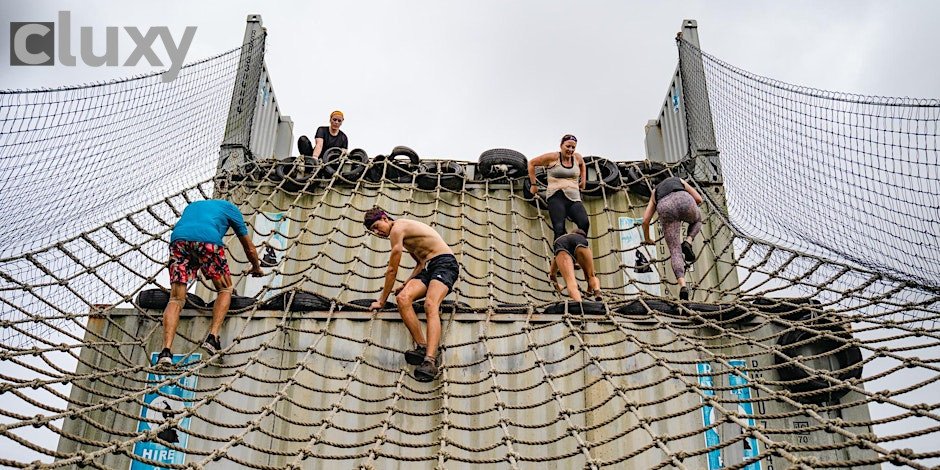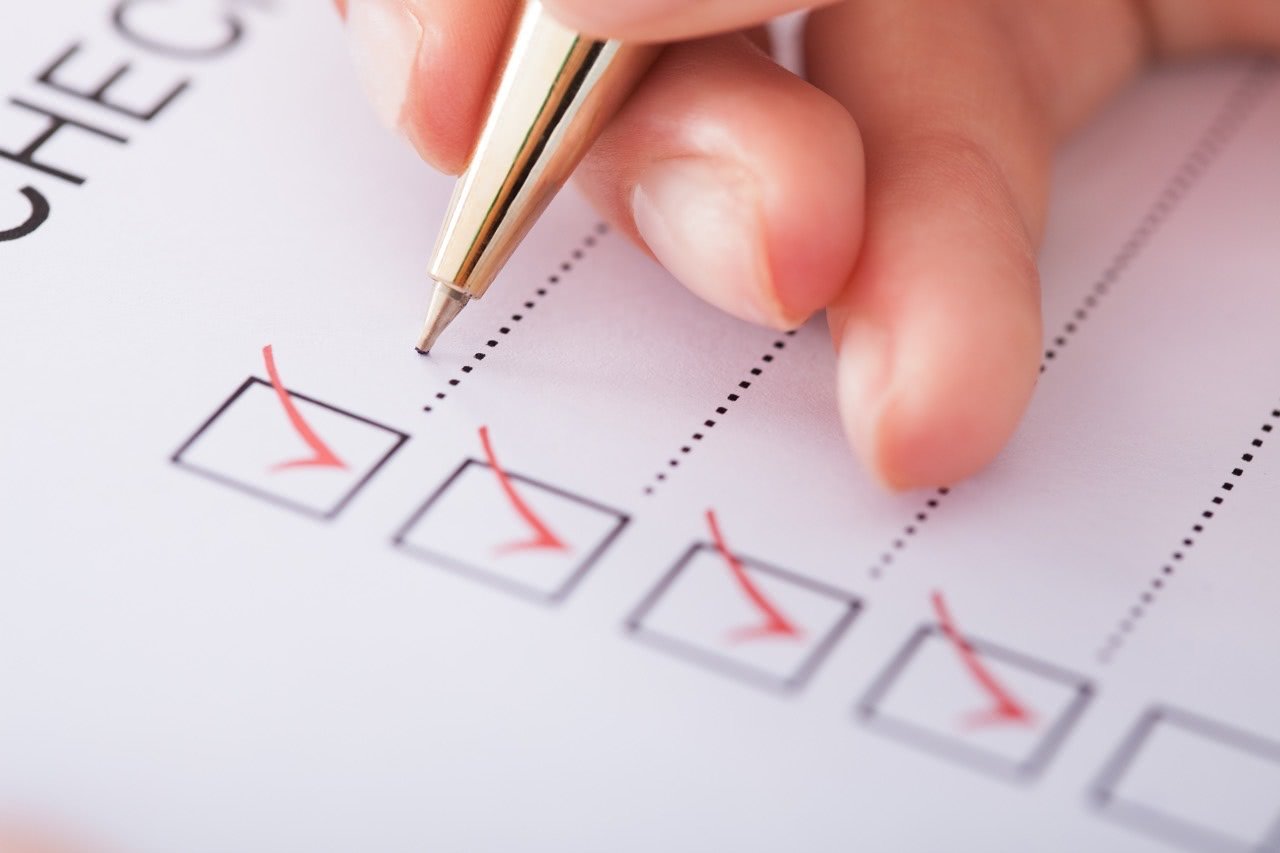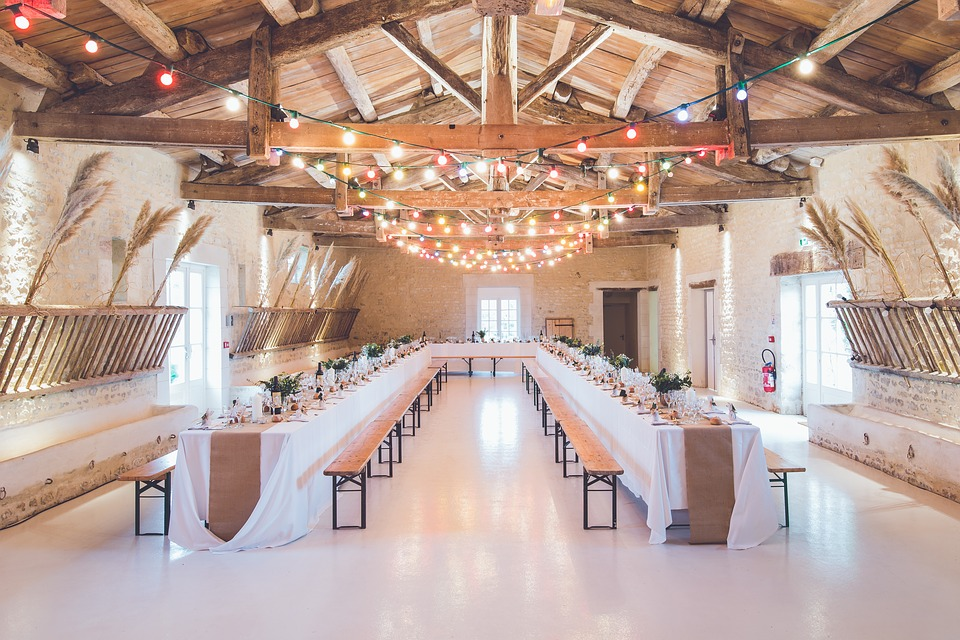Earn with us, absolutely free, for life! click here to learn more
Recent and popular searches
This website uses cookies necessary for its functionality. By using our site, you agree to our use of essential cookies. Learn more
Earn with us, absolutely free, for life! click here to learn more
Recent and popular searches
Top Search


To ensure nothing falls through the cracks, having a comprehensive checklist is essential
Planning a successful event involves a myriad of tasks, from the initial concept to the final execution. This ultimate checklist will guide you through every stage of event planning, ensuring a seamless and memorable experience for your attendees.
Define Your Goals and Objectives: Start by clearly defining what you want to achieve with your event. Whether it's raising awareness, generating funds, launching a product, or celebrating an occasion, having clear goals will guide your planning process.
Identify Your Target Audience: Understanding who your audience is will help tailor your event to their preferences and needs. Consider demographics, interests, and behaviors to create an engaging experience.
Establish a Budget: Create a detailed budget that outlines all potential expenses and revenue streams. Include categories such as venue, catering, entertainment, marketing, and contingencies to ensure you cover all bases.
Choose a Date and Time: Select a date and time that works best for your target audience. Avoid major holidays or competing events that might affect attendance.
Select a Venue: Choose a venue that aligns with your event’s goals and is convenient for your audience. Ensure it has the necessary facilities and accessibility features.
Create an Event Timeline: Develop a detailed timeline that includes all tasks and deadlines leading up to the event. This will help keep you organized and ensure everything stays on track.
Secure Permits and Insurance: Depending on your event type and location, you may need permits or insurance. Check local regulations and obtain any necessary documentation.
Book Vendors and Services: Identify and book all necessary vendors, including catering, audio-visual equipment, entertainment, and décor. Confirm all bookings in writing to avoid any misunderstandings.

Develop a Marketing Plan: Create a comprehensive marketing plan that outlines your promotional strategies. Utilize social media, email marketing, and traditional media to reach your target audience.
Create Event Branding: Develop a consistent branding theme for your event, including logos, colors, and messaging. This will create a cohesive look across all promotional materials.
Leverage Social Media: Use social media platforms to generate buzz and engage with potential attendees. Share behind-the-scenes content, announce special guests, and use event-specific hashtags.
Distribute Promotional Materials: Design and distribute flyers, posters, and digital graphics to promote your event. Ensure all materials include essential details such as date, time, location, and ticket information.
Offer Early Bird Discounts: Encourage early registration by offering discounts or special packages. This can help boost ticket sales and provide early revenue.
Set Up Registration and Ticketing: Choose a reliable ticketing platform that offers features like online ticket sales, QR code scanning, and attendee management. Make the process as user-friendly as possible.
Prepare Event Materials: Ensure all necessary materials, such as name tags, programs, and signage, are ready in advance. Double-check for accuracy and completeness.
Coordinate with Vendors: Confirm all arrangements with vendors and provide them with a detailed event schedule. Ensure they know their setup and breakdown times and any specific requirements.
Plan for Accessibility: Make sure your event is accessible to all attendees. Consider mobility needs, sensory-friendly areas, and dietary restrictions to create an inclusive environment.
Organize Transportation and Parking: Arrange transportation options for attendees and provide clear information about parking availability and costs.

Set Up Early: Arrive early to supervise the setup process. Ensure all vendors are on time and that everything is arranged according to plan.
Conduct a Final Walkthrough: Before the event starts, do a final walkthrough to check that everything is in place. Ensure all equipment is functioning, and the venue is clean and presentable.
Welcome Attendees: Greet attendees warmly and provide clear instructions for registration and finding their way around the venue. Use your event team to manage check-ins and answer any questions.
Monitor the Event: Stay vigilant throughout the event to address any issues that arise. Have a point person for each aspect of the event, such as AV, catering, and guest services.
Engage with Attendees: Interact with your guests to gather real-time feedback and ensure they are having a positive experience. Address any concerns promptly and courteously.
Thank Your Attendees: Send a thank-you email to all attendees expressing your gratitude for their participation. Include highlights from the event and a link to a feedback survey.
Gather Feedback: Distribute surveys to attendees, vendors, and staff to gather insights on what went well and what could be improved. Use this feedback to refine your planning for future events.
Review Financials: Analyze your budget against actual expenses and revenue to understand the financial performance of your event. Identify areas where you stayed on budget or overspent.
Debrief with Your Team: Hold a debriefing session with your team to discuss the event. Celebrate successes and identify lessons learned to improve future events.
Share Event Highlights: Post event photos, videos, and testimonials on social media and your event website. This keeps the momentum going and promotes future events.
By following this comprehensive checklist, you can ensure that every aspect of your event is carefully planned and executed. From the initial concept to the final follow-up, attention to detail and thorough preparation are key to creating a successful and memorable event. Use these tips to guide your planning process, and watch your event come to life seamlessly.